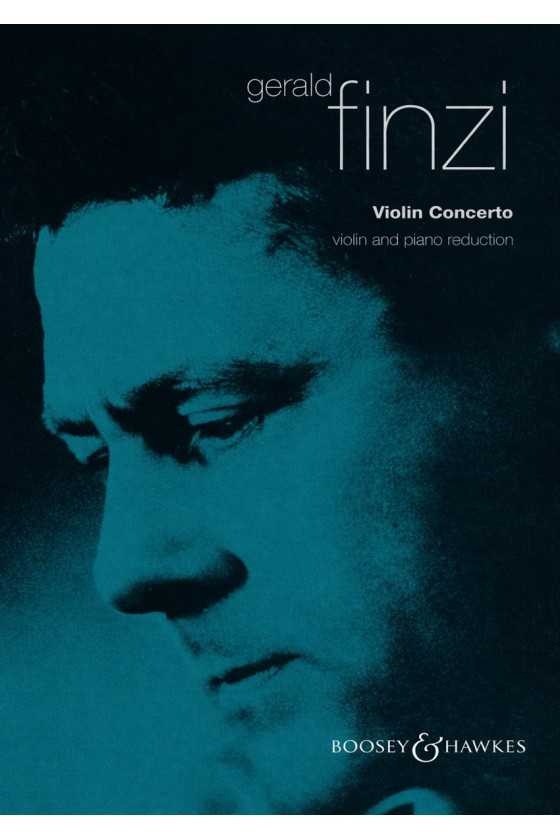Violin Concerto By Finzi (Boosey And Hawkes)
A lyrical and deeply personal concerto by Gerald Finzi, blending pastoral warmth, folk influence, and Baroque-inspired textures. This Boosey & Hawkes edition includes piano reduction and a solo part edited by Tasmin Little.
Key Features:
• Premiered in 1927; revived in 1999
• Pastoral and folk-inspired character
• Solo part edited by Tasmin Little
• Violin with piano reduction
• Boosey & Hawkes edition


